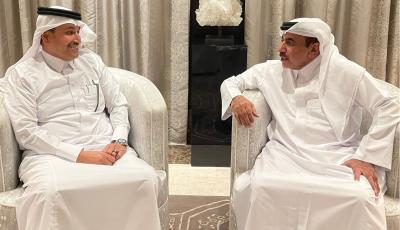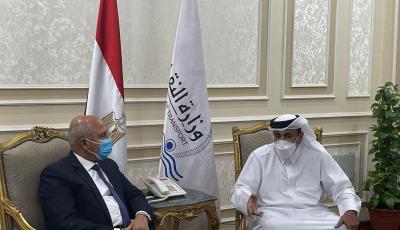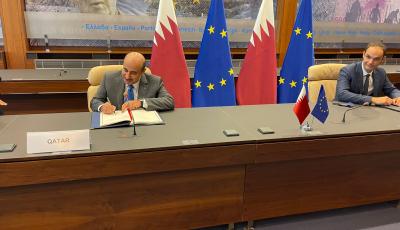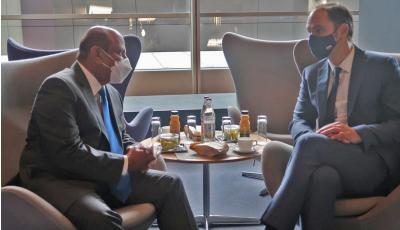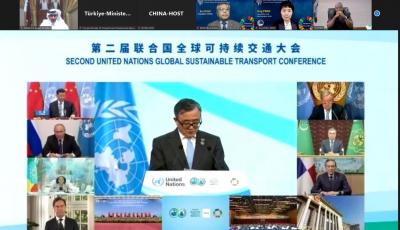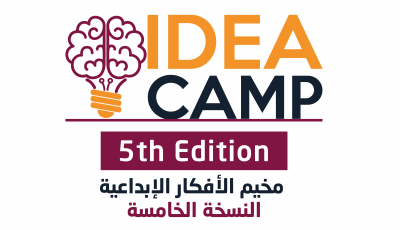
Digital Incubation Center Launches IdeaCamp5
Doha – QatarThe Digital Incubation Center (DIC) announced that the fifth edition of IdeaCamp has begun receiving applications to qualify for winning an incubation opportunity at the DIC.This year's edition of the camp targets tech entrepreneurs, developers and programmers with innovative tech ideas that serve the sectors of the Smart Qatar (TASMU): healthcare, transportation, environment, logistics and sports.IdeaCamp welcomes any tech idea; however, the priority is given to entrepreneurs who utilize the following technology areas: advanced analytics, IoT, Blockchain, robots, drones, AR/VR, mobile solutions, data visualization and AI.Online applications to join IdeaCamp will be received at https://forms.gle/jSKDwfTGiAQcnxUq6 until this Nov. 15. After being received, all applications are screened and assessed, and owners of the accepted applications are informed.The IdeaCamp's 12 workshops, in addition to individual mentorship sessions for entrepreneurs, will be held over six weeks, starting from Nov. 19, during which entrepreneurs will receive the mentoring and support of DIC's team as well as technology experts. Entrepreneurs will also learn strategies for developing their businesses, ways to successfully build prototypes, conduct a feasibility study, and be trained in pitching their ideas.At the end of the IdeaCamp5, DIC will select the best ideas to compete on the Pitching Day before a specialized jury. The winning startups will be incubated for two years, be provided with free office space, be mentored by DIC's team and its network of partners and be connected to a vast network of investors and industry experts inside and outside of Qatar.The DIC designed the IdeaCamp to help build and develop a leading generation of tech entrepreneurs in Qatar, providing them with the skills that will enable them to turn their creative ideas into reality to serve Qatar's digital economy. The DIC is pivotal in motivating entrepreneurs to harness emerging technologies to provide innovative solutions. For over a decade since its establishment, DIC has taken the initiative to conclude strategic partnerships that would serve entrepreneurs in their early stages of starting or developing their digital solutions.

